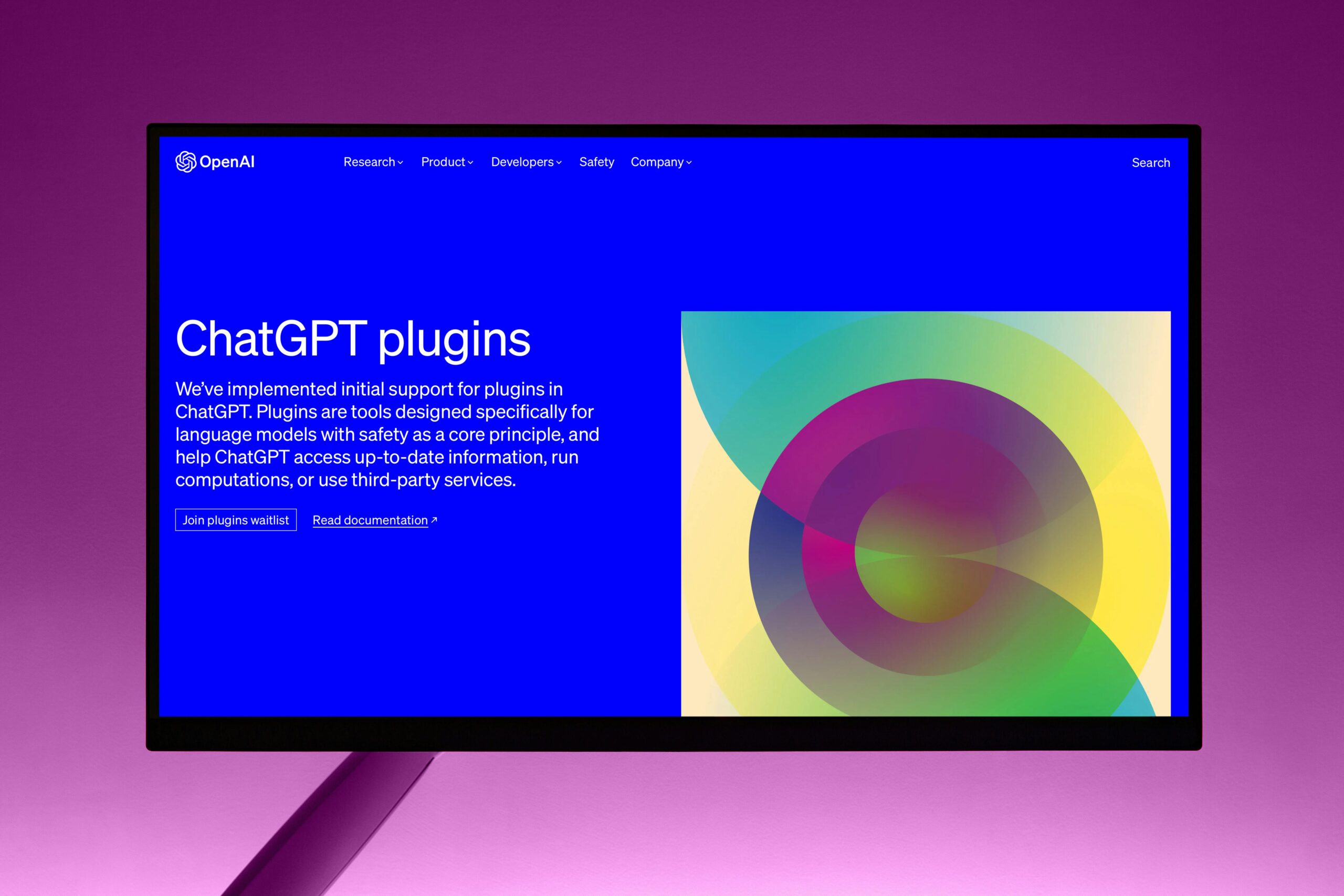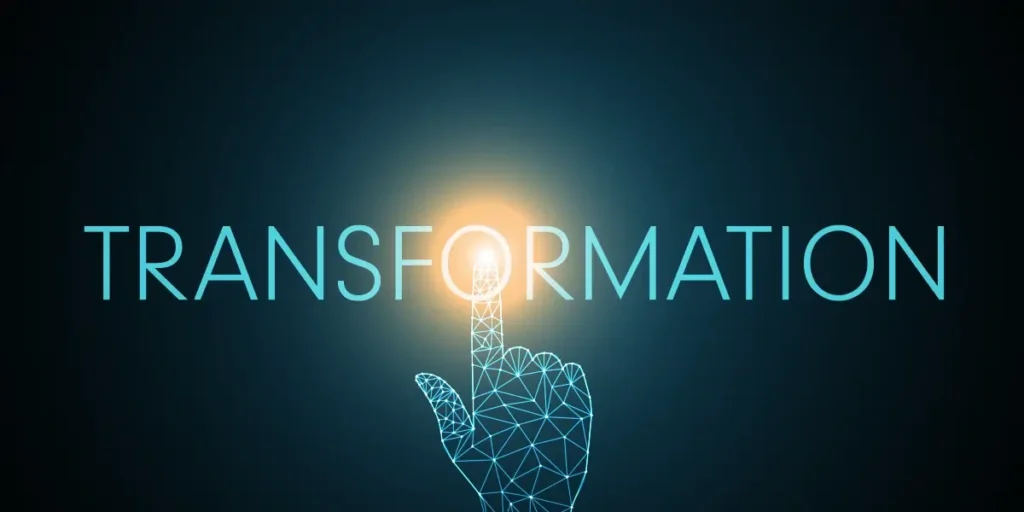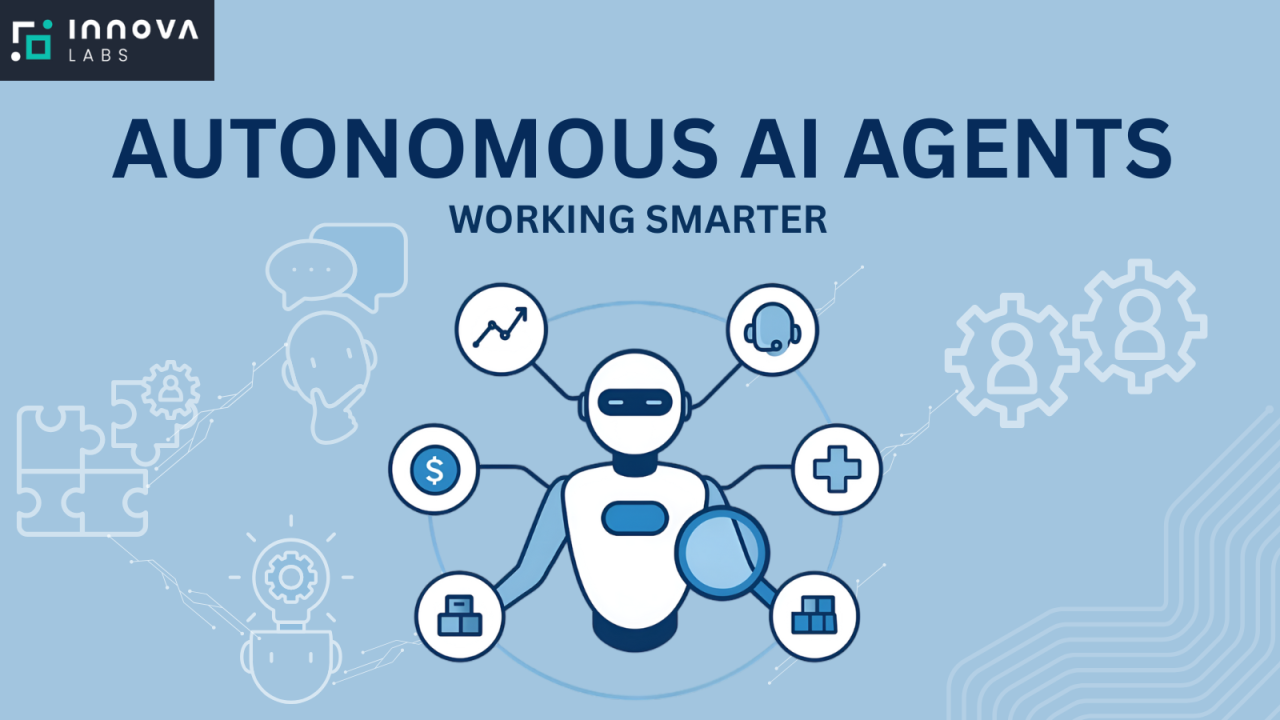ChatGPT vs GitHub Copilot 2025
Introduction
In 2025, AI-powered code generation tools have become the backbone of modern software development. Among them, two titans dominate the conversation—ChatGPT by OpenAI and GitHub Copilot by GitHub (in partnership with OpenAI and Microsoft). While both tools are rooted in similar large language model (LLM) technologies, their usage, capabilities, and ideal user personas differ significantly.
Whether you’re a solo Python developer, a full-stack engineer, or a tech-savvy entrepreneur, you’ve likely asked the burning question: “Which AI assistant is better—ChatGPT or GitHub Copilot?”
Let’s dive into a detailed comparison of ChatGPT vs GitHub Copilot in 2025 and help you decide which one fits your needs best.
Evolution of AI Code Assistants
A Look Back Before We Compare
In the early 2020s, both ChatGPT and GitHub Copilot emerged as revolutionary tools:
-
GitHub Copilot was launched in 2021, trained on public code from GitHub repositories, and designed to autocomplete code directly within code editors like VS Code.
-
ChatGPT, initially focused on natural language conversations, quickly expanded into code-related assistance with the introduction of plugins, code interpreters, and later, native IDE integrations.
By 2025, both tools have evolved dramatically, integrating with multiple developer environments, supporting more languages, and offering deeper contextual understanding.
Core Comparison: ChatGPT vs GitHub Copilot
| Feature | ChatGPT (2025) | GitHub Copilot (2025) |
|---|---|---|
| Developer | OpenAI (integrated with Microsoft products) | GitHub + Microsoft |
| AI Model | GPT-4.5 / GPT-4o | Codex-derived, optimized for code |
| Interface | Chat-based (web app, IDEs) | In-line IDE code suggestions |
| Best Use Cases | Problem-solving, debugging, multi-step logic, documentation | Autocomplete, boilerplate code, repetitive tasks |
| IDE Integration | VS Code, JetBrains, browser tools | Deeply embedded in VS Code, Neovim, JetBrains |
| Natural Language Understanding | Superior (context-rich responses) | Moderate (focused on code completion) |
| Pricing (2025) | Free (GPT-3.5), Plus, Team & Pro plans | $10-$19/month, free for students |
| Custom GPTs & Plugins | Yes (custom GPTs, memory) | No custom models |
| Multi-modal Features | Text, image, audio, file uploads | Primarily text/code input only |
ChatGPT Strengths in 2025
1. Human-like Reasoning and Debugging
ChatGPT has evolved to become more than just a chatbot. It acts like a senior developer by thinking through code logic, identifying bugs, and even suggesting architectural improvements.
Example:
You can paste a 100-line Python script with a bug and ask, “Why does this raise a TypeError?” ChatGPT not only finds the issue but explains it in plain English.
2. Cross-functional Use
ChatGPT isn’t limited to just coding. You can ask it to:
-
Generate documentation
-
Create project plans
-
Translate logic into different programming languages
-
Write Git commit messages or README.md files
-
Build prompt-based web apps
This versatility makes it a powerhouse for startups, freelancers, and product managers.
3. Plugin & Memory Support
With memory and plugin support, ChatGPT can now recall your past queries, remember project details, and integrate with external tools like Zapier, Wolfram, or code repositories.
GitHub Copilot Strengths in 2025
1. Seamless In-Line Code Suggestions
Copilot’s biggest advantage is speed and simplicity. As you type, Copilot auto-completes your code—whether it’s JavaScript, Python, or Rust—saving you from repetitive boilerplate tasks.
Example:
Start typing fetchDataFromAPI() and Copilot might automatically generate a full Axios-based API call with error handling.
2. Deep IDE Integration
Copilot feels native inside your editor. It doesn’t distract you with side panels or force you to leave the IDE. Its strength lies in predicting what you need next without interrupting your flow.
3. Trained on Billions of Lines of Code
With access to a massive amount of public code, Copilot understands coding idioms, open-source libraries, and frameworks deeply.
Use Case Scenarios: Which Tool to Use When?
✅ Choose ChatGPT If You…
-
Want detailed reasoning and explanations
-
Are learning a new language or debugging legacy code
-
Need help designing or planning an app
-
Want to understand why a certain coding approach works
-
Prefer a “conversation” with your AI assistant
✅ Choose GitHub Copilot If You…
-
Need fast autocomplete in your IDE
-
Write a lot of boilerplate or repetitive code
-
Work on production codebases daily
-
Prefer quick suggestions without asking questions
-
Want minimal disruption to your workflow
ChatGPT vs GitHub Copilot: Real-World Examples
Scenario 1: Debugging a Django App
-
Copilot: May suggest Django code snippets or complete form views.
-
ChatGPT: Can review your entire Django view, find bugs, and even suggest improving database queries.
Scenario 2: Building a Chrome Extension
-
Copilot: Writes basic manifest files and scripts.
-
ChatGPT: Guides you through permissions, manifest versions, and testing strategies.
Scenario 3: Documenting a Codebase
-
Copilot: Offers some docstring templates.
-
ChatGPT: Can document functions, create full README files, and generate diagrams.
Integration Ecosystem in 2025
ChatGPT:
-
GitHub, VS Code, Slack, Notion, Google Sheets, Jupyter Notebooks
-
Multi-modal interface (text + image + file inputs)
-
Works like a productivity co-pilot across tools
GitHub Copilot:
-
Works inside VS Code, JetBrains, Neovim
-
Limited cross-tool functionality
-
Fast, lightweight for coding workflows
Pricing & Accessibility in 2025
ChatGPT:
-
Free Tier: GPT-3.5 (limited)
-
Plus: GPT-4o ($20/mo)
-
Team/Pro Plans: Starting at $25/mo with team memory, collaboration
Copilot:
-
Copilot Individual: $10-$19/mo
-
Copilot for Business: Includes policy management, secure code suggestions
-
Free: For verified students and maintainers
Limitations to Consider
| Tool | Limitations |
|---|---|
| ChatGPT | Slower for in-line code writing, may hallucinate outdated libraries |
| Copilot | Doesn’t understand multi-step reasoning, limited interaction history |
Future Outlook
In 2025 and beyond, the lines are blurring. Microsoft is integrating both Copilot and ChatGPT into tools like Word, Excel, Azure, and GitHub. We might soon see:
-
A unified AI development assistant combining strengths of both
-
Personalized AI models trained on your project history
-
Voice-based coding with natural commands
-
Secure enterprise copilots compliant with company policies
Final Verdict: Which One Wins in 2025?
There’s no universal winner—it all comes down to your goals.
| Role | Best Pick |
|---|---|
| Beginner Developer | ChatGPT (explains concepts) |
| Backend Developer | GitHub Copilot (speed in IDE) |
| Tech Startup Founder | ChatGPT (multi-purpose) |
| Frontend Developer | GitHub Copilot (framework snippets) |
| Product Manager | ChatGPT (planning, code review) |
For most developers, using both together is the smart choice: Copilot to write code fast, and ChatGPT to think, plan, and debug.
Frequently Asked Questions (FAQs)
Q1. Which is better in 2025: ChatGPT or GitHub Copilot?
Answer: It depends on your needs. ChatGPT is ideal for explaining and reasoning, while GitHub Copilot is better for fast, in-line code suggestions within IDEs. Many developers use both together.
Q2. Can I use both ChatGPT and Copilot together?
Answer: Yes. In fact, using both together is the best approach—Copilot for typing assistance and ChatGPT for problem-solving, debugging, and planning.
Q3. Is ChatGPT good for beginner coders?
Answer: Absolutely. ChatGPT is excellent for explaining complex topics in simple terms, helping beginners learn coding step by step.
Q4. Does GitHub Copilot support all programming languages?
Answer: GitHub Copilot supports most popular programming languages like Python, JavaScript, Java, Go, Ruby, Rust, and more. However, support is stronger for mainstream languages.
Q5. What are the limitations of ChatGPT in coding?
Answer: ChatGPT may sometimes “hallucinate” functions or suggest outdated libraries if you don’t specify context clearly. It’s also less ideal for real-time typing inside an IDE.
Q6. Which tool is better for startups or solo developers?
Answer: ChatGPT offers a wider range of capabilities beyond code—making it great for startups needing planning, docs, and code help. Combine it with Copilot for peak productivity.
Conclusion
The AI coding landscape in 2025 is rich, competitive, and exciting. While GitHub Copilot leads in speed and integration, ChatGPT wins in reasoning and flexibility. You don’t need to choose sides—use them both to code smarter, build faster, and think better.






